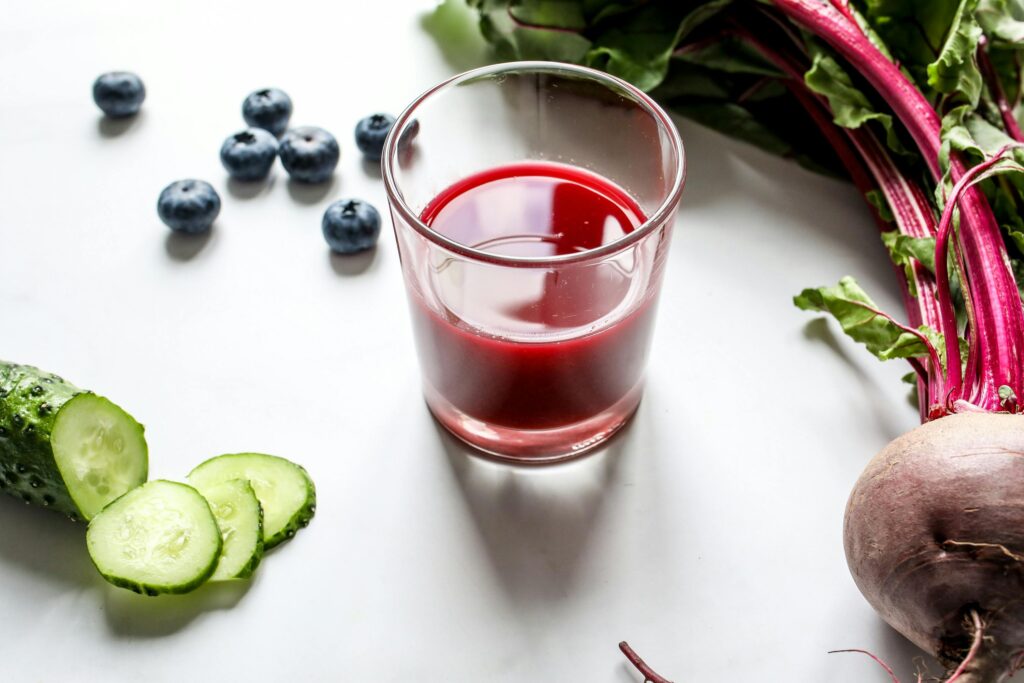Particularly in the first few years of life, DHA supplements are very important for the growth of a baby’s brain and nervous system. The importance of vital nutrients like DHA for brain development is now more known than it was in the past.
This information helps in deciding whether your child needs to take an extra DHA supplement. We think that more knowledge, understanding, and action about essential nutrients for infants in their initial year of life and their early years are still required.
What Are the Benefits of DHA?
One type of omega-3 polyunsaturated fatty acid is docosahexaenoic acid (DHA). It is present in food and is very beneficial to the development of the human brain.
The delivery of signals throughout the brain (known as neurotransmission) and the development of new connections and pathways for those signals (known as neurogenesis) are only two of the different ways that it affects brain function.
Another essential ingredient for eye growth is DHA. It helps maintain your baby’s clarity of vision by working as a structural component of the retina.
But let’s start with the brain.
Lipid rich, or full of fat, is the term used to describe the brain. According to research, fat, particularly long-chain omega-3 polyunsaturated fatty acids (PUFAs), makes up more than half of the brain.
DHA is the most important fatty acid among those PUFAs in the brain. The brains of newborns contain DHA deposits that build up during pregnancy. The brain continues to quickly build up DHA during the early stages of infancy.

What are DHA’s brain benefits?
Each of the lobes that make up the brain has a unique function. DHA mostly affects the prefrontal and frontal lobes. The brain’s frontal lobes are in charge of management abilities like planning, problem-solving, and focus and attention. Social, emotional, and behavioral development are all affected by the prefrontal lobe.
Researchers think that during the early years, when the brain is growing and developing quickly, appropriate levels of DHA are important, especially in the temporal and frontal cortex of the brain. The foundation for future mental and emotional development is created by the brain’s healthy growth.
Intelligence and DHA
Sufficient levels of DHA are linked to your child’s cognitive abilities, functioning, and future intelligence. The term “cognition” refers to a wide range of thinking capacities.
For example, cognition supports your child’s language development, ability to concentrate, and memory of what he has learned.
The ability to solve problems, awareness, reasoning, calculation, vision, learning, and communication are all considered elements of cognition.
As you can see, your child’s present and future intellectual capacities, cognition and efficiency, and academic success may all be significantly affected by their early, healthy brain development.
Why Mothers Should Pay Attention to Prenatal DHA
During pregnancy, women give DHA to their unborn children. The food you ate provided prenatal DHA to your unborn child. Your baby is beginning to get off to a good start if you consume foods high in DHA or take supplements.
DHA quickly builds up in the brain of your unborn child throughout the remaining half of pregnancy, especially the third trimester. A child’s brain can store up to 4 kilograms of DHA by the time they are four years old.
According to studies, prenatal DHA benefits the unborn child in many ways, such as improved social behavior, increased verbal IQ, fewer chances of preterm birth, and higher social development scores.
Babies Need DHA
Because of the rapid growth of his brain during early life, your baby must get DHA from outside sources. The best options are breast milk and baby formula with DHA added. However, only if the mother’s diet is high in DHA foods is breast milk likely to be a strong supply of DHA.
Research shows that the levels of DHA in breast milk are higher when mothers take DHA supplements after giving birth. According to other studies, breastfed babies’ tissues contain larger amounts of DHA than those of breastfeeding babies.
Deficiency in DHA:
Many children cannot get enough. Children in the United States do not get enough DHA from their meals. The 2015 Dietary Guidelines for Americans (DGA) state that most newborns and young toddlers (ages 1-3) do not receive enough DHA. A lot has stayed the same in the past ten years.
Consuming pre-formed DHA is recommended by many doctors to achieve and maintain healthy brain concentrations and associated brain functioning. The body can produce DHA from ALA, but this isn’t the best method. Linoleic acid (LA) and other fatty acids have a high need for the enzymes needed to convert ALA into DHA.
Also, due to the nature of the normal modern diet, which is rich in omega-6 PUFAs, enzymes are generally selected for processing such fatty acids instead of turning them into DHA.
DHA is a very important vitamin because the body’s process to convert ALA to DHA is eventually ineffective and insufficient. The best way to make sure your child is getting enough DHA is to either control their dietary intake, eat foods that contain DHA, or use a DHA supplement (such as a liquid baby’s DHA source).

Best sources of DHA foods
Oils from small algae, fatty fish, fish oil, meat, and eggs are sources of pre-formed DHA. DHA is found in breast milk; however, the amount of DHA in breast milk differs from woman to woman and depends on her diet and how often she takes an early pregnancy DHA supplement.
Children’s Nutritional Requirements for DHA
Although recommendations are still being developed, a 2016 review published in Nutrients states that people in general should take 250–500 mg of EPA + DHA daily. (EPA and DHA are present combined in food and supplements such as fish oil supplements.)
Recommendations for DHA
| AGE | AMOUNT OF DHA |
| Breastfeeding Moms & Pregnant | 200 milligrams of DHA daily 8–12 ounces of seafood each week |
| Babies (0-6 months) | 0.1–0.18% of the total amount of energy consumed |
| Babies (6-24 months) | 10–12 mg/kg of DHA each day |
| Toddlers (2-4 years) | DHA + EPA: 100–150 mg daily |
| Children (4-6 years) | DHA + EPA: 150–200 mg daily |
| Children (6-10 years) | DHA + EPA: 200–250 mg daily |
Young children often consume only 100 mg of DHA per day, which is low.
How to Make Sure That Your Baby Gets Sufficient DHA
For your baby’s brain development, early growth, and vision, getting enough DHA is important. To make sure you and your child are getting enough DHA, follow these steps:
If it is possible, breastfeed your child for the first six months of life.
All newborns, including premature babies, benefit from breastfeeding for many reasons. But to get the most DHA, make sure you regularly eat foods high in DHA and/or take a DHA supplement.
Select baby formula that has a DHA supplement if you are not breastfeeding.
Because studies showed that babies who consume formula scored less on IQ tests than breastfed newborns, infant formula companies started including DHA in their formula in 2002 to make it more like breast milk. Select baby formula that has been fortified with DHA for infants who are given formulas.













